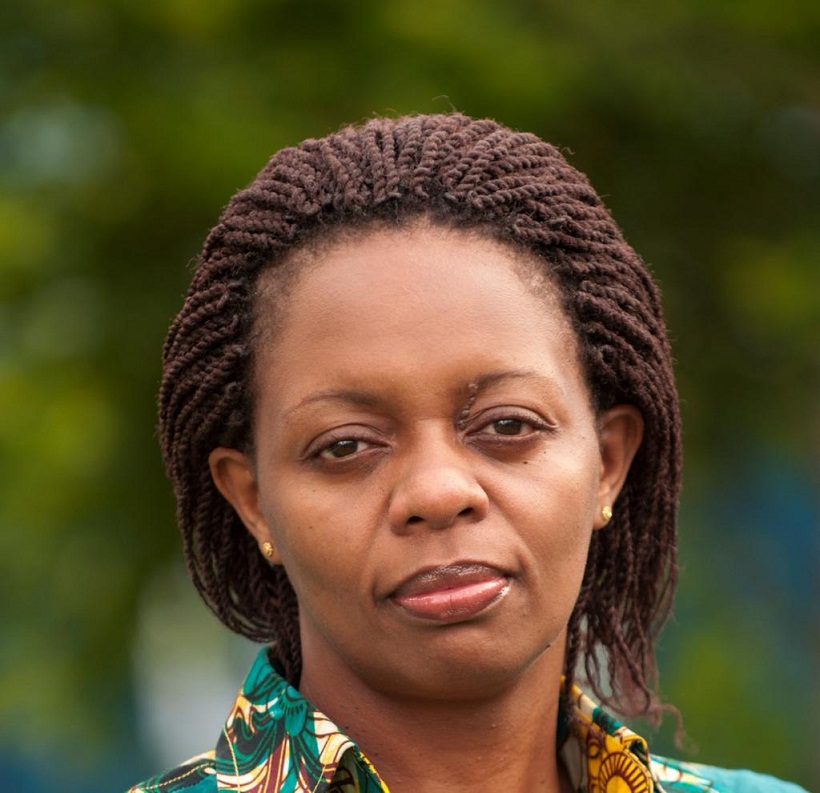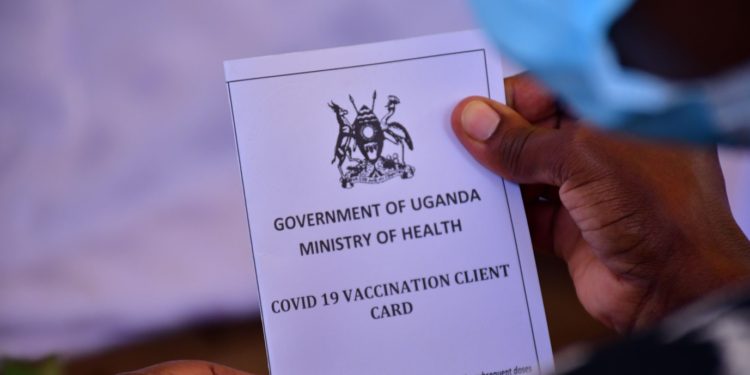By Patricia Munabi Babiiha
In the next two months, government of Uganda, like the rest in the East African region, will be opening a new chapter, a new financial year under a new budget with priorities set to suit the new circumstances. One of the unique contexts of the new financial year (2021/2022) is the cloud of anxiety and uncertainty that continues to hover over the nation as with the rest of the world, precipitated by the COVID-19 pandemic which has hit the Ugandan woman hard, threatening to wipe outthe economic gains made towards achieving gender equality and equity that had been registered over the past years. A gendered analysis of the effects and response to the pandemic should have, in our considered view as the Forum for Women in Democracy (FOWODE) guided the setting of priorities and the wider budget framework. This is especially important considering that according to the United Nations Conference on Trade and Development coronavirus shock report, “the Covid-19 crisis will trigger an economic recession even more profound than the 2008 financial crisis, the result of which is the disproportionate impact on the income and employment of the most vulnerable, particularly women.”
In the pre Covid-19 period, Uganda was on a good trajectory as the number of women occupying professional positions was on the rise, while women were also actively engaged in starting and growing businesses, giving Uganda one of the highest rates of female entrepreneurial activity in the region, according to a study by the MasterCard Foundation.
However, the Covid-19 pandemic, with its subsequent restrictions like school and business closures, forced women to abandon their businesses to devote more time to their families, inevitably leading to businesses collapsing and further economic turmoil for our mothers, sisters and daughters. Suffice to note that the Covid-19 pandemic increased the burden of unpaid care work for women.
Restrictions imposed to curb the spread of Covid-19 also meant that some forms of trade, like fruit and food vending, which solely depend on mobility, were effectively shut down, further putting more economic stress on women who are the majority in such businesses.
Covid-19 has also exacerbated the problem of teenage pregnancy and early-childhood marriages as families locked in poverty are forced to marry off their under-age daughters in order to alleviate the strains of economic hardships.
It has to be noted that restrictions on movement also aggravatedthe problem of violence against women.
Even before the COVID-19 pandemic hit, globally, 243 million women and girls were abused by their intimate partners in 2019, according to UN Women. When the pandemic started spreading, and countries responded by instituting lockdown measures, there has been an alarming rise in violence against women, especially domestic violence.
Though there is no readily available Uganda-specific data on how the Covid-19 pandemic affected women’s livelihoods in the past year, a World Bank study that sampled Sub-Saharan African countries found out that 34% of male-owned Micro, Small and Medium Enterprises (MSMEs) were temporarily closed at the time of the survey compared to 43% of female-owned MSMEs.
From the study, it is clear that Women entrepreneurs may be disproportionately affected by the contraction in economic activities as a result of COVID-19 for a number of reasons.
The World Bank study rightfully recommended that careful consideration of differential impacts by gender of the COVID-19 pandemic and the different constraints that men and women face will be important to build effective policy interventions.
Therefore, it goes without saying that the Covid-19 pandemic has triggered off disparate challenges that, in the absence of concerted efforts to resolve them, will roll back the gains made for Ugandan women.
Sadly, what is evident from the interventions that have been proposed by the government so far is that the pleas by the World Bank to have a gender-inclusive comprehensive Covid-19 recovery plan have fallen on deaf ears.
Just last month, there was uproar in Parliament when it emerged that the Shs 455b Covid-19 recovery kitty that is being disbursed through the Uganda Development Bank (UDB) is being dished out to well-connected individuals and companies.
At the Forum for Women in Democracy, we have been a consistent player in advocating for Gender Equality and Equity in macroeconomic policy and pioneered Gender Budgeting in Uganda in 1998. Through our gender budget work, we have been advocating for equitable distribution of resources between women and men, girls and boys.
Therefore, it is very important that the government’s recovery strategy to the Covid-19 pandemic is as gender-inclusive as it gets. There must be gender-smart and particular strategies that are developed to alleviate women from the economic strains caused by the Covid-19 pandemic.
All Covid-19 strategies must provide avenues for women to access cheap credit facilities in a sustainable way. We urge government and development partners to consider this issue with the utmost urgency it deserves. Our women and girls’ lives are at stake.

Patricia Munabi Babiiha is the Executive Director, Forum for Women in Democracy (FOWODE).









